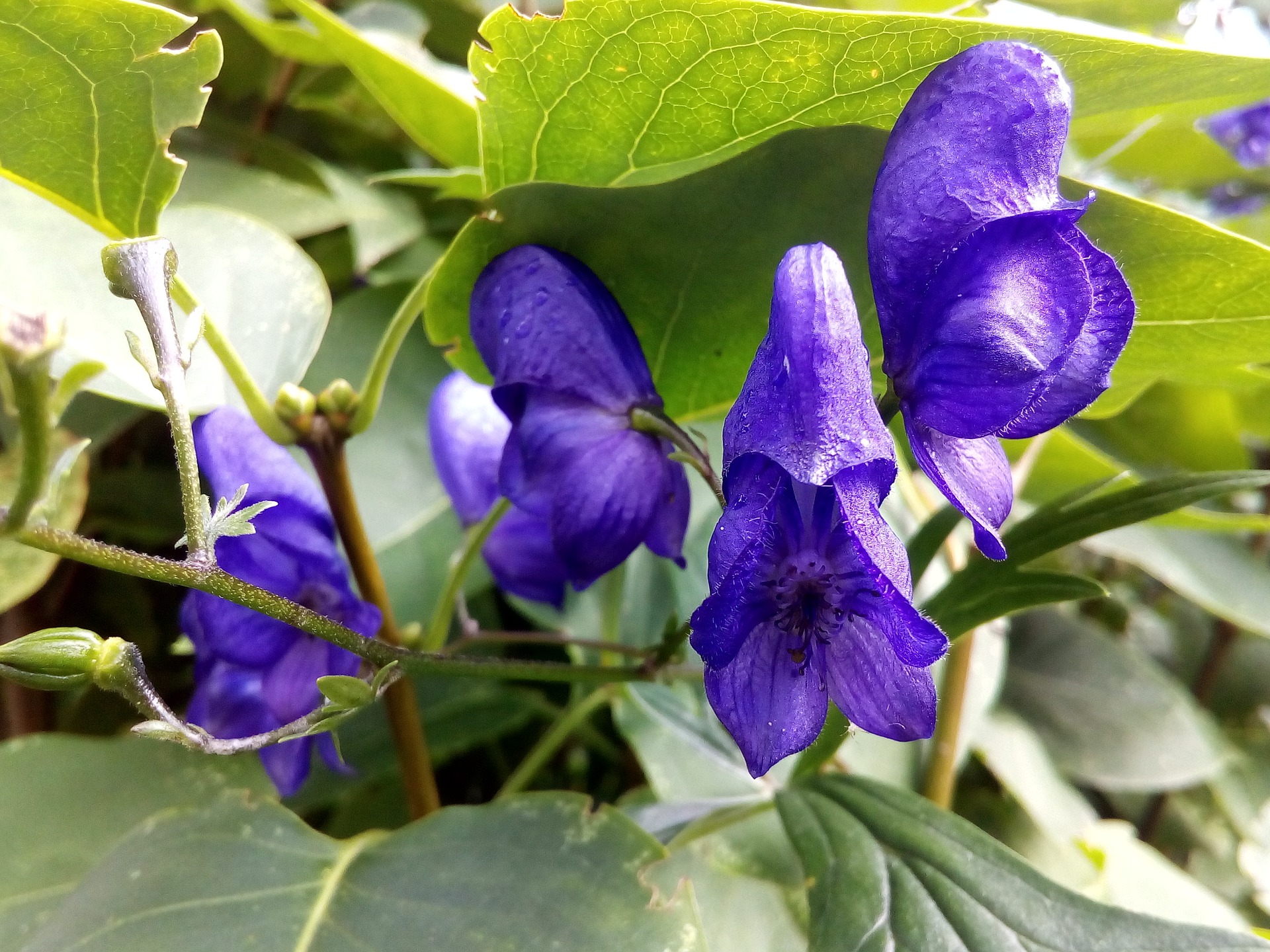Notes from an interview with a Hakeem.
Your work is in treating others’ health problems. What are you doing at the moment for your own health?
“I am currently in the process of detoxing from a phlegm imbalance. Looking back, I think there has been quite a long term build up, a tendency towards imbalance. I’ve been doing this now for a number of months and hope to have completed the process soon.”
What do you mean by phlegm imbalance?
“Phlegm, or mucus or (the Arabic word) Balgham is a key component in Islamic Medicine. It is a compound temperament, cold and moist, and one of the four bodily humours.
The three core ideas with this detox are, primarily, to reduce those foods that have a tendency to produce mucus. You use fruit and vegetables as the roughage, and, if you want extra effect, you increase foods that have a tendency to remove mucus.”
So what are the foods that you are reducing?
“I am avoiding or reducing wheat, dairy, rice, eggs and sugar. I am focusing on mainly lentils, beans, nuts, seeds, vegetables and fruit, especially dried fruit. Once a week I will have dish of lamb or chicken or fish.”
To be clear, what do you mean by wheat?
“I mean all types of bread made from wheat. Also, pasta, pizza, cake, biscuits, and cereals. This includes naan, pitta, roti and paratha.”
And dairy?
“By “dairy” I mean milk, yoghurt, butter and cheese.”
What kinds of foods are you eating to replace these?
“I continue to eat all types of vegetables - especially green leafy vegetables - and fruit - especially dried fruit - and lentils, pulses, beans, barley, barley bread, rye bread, rye crisp bread, porridge, oats, oat milk and oatcakes. It’s important to remember protein. You’d be surprised how much protein you can get from non-meat and diary sources.”
What about sugar?
“I try to replace sugar with honey but this is not always possible. I avoid pouring boiling water on honey.”
Is this a permanent programme?
“No, not at all. I think it will take a few months. But, long term, I can see the value in eating reduced amounts of wheat, dairy, rice, eggs and sugar.”
What about herbal medicine?
“After a diagnosis from the tongue, eyes, forehead, hands, nails, face, the six body organ pulses on the right and left hands, I decided to support this detox process with specific herbal medicines.”
Can you be more specific?
“Each day I am currently taking a spoon of cayenne powder, as a tonic. It seems to go down best with orange juice with the bits in. I also drink a dilution of lemon juice concentrate first thing in the morning with a spoon of honey. Dried figs, radishes and apples also seem to be good “phlegm-strippers” for me.
For general health, do you take any herbal medicines?
“Yes, I take mullein, hawthorn berry powder, buchu, astralagus, raspberry powder, nettle leaf powder, celery powder, skullcap and meadowsweet powder. Also, I am taking du zhong [eucommia bark powder] and yin yang huo [epimedium] for the kidneys, bladder, bones and lower back, and lobelia (a paired herb for the cayenne).I would advise people to only take herbal medicines as prescribed by someone trained in herbal medicine and after a proper diagnosis.”
Do you have any general advice?
“I advise myself of the hadith of the Prophet, peace be upon him, who said, “No human being has ever filled a container worse than his own stomach. The son of Adam needs no more than some morsels of food to keep up his strength. Doing so, he should consider that a third of [his stomach] is for food, a third for drink and a third for breathing.”
Phlegm imbalance can lead to very challenging health problems. Some of those writing about mucus have put together “mucus-lean” or “mucus-free” diets. Three examples are from Dr Christopher, from Arnold Ehret and from Dr Sebi (Alfred Bowman) who have all written about the problems of mucus. The Livestrong Foundation has an interesting list in this respect. Some of the views expressed in support of a mucus-free diet seem very extreme or excessive. And these writers have differences of opinion on what mucus is and how to deal with it.
It is best to return to the Sunnah on these matters and to study what the scholars of Islamic Medicine have to say about what to eat, what not to eat and, most importantly, the amount to eat as referred to in the last part of what was said in the interview.
We advise people to embark on any health and diet detoxification process only on the advice of their medical advisers.
We also advise people to make sure that they get enough protein in their diet, whatever dietary programme they follow.




















